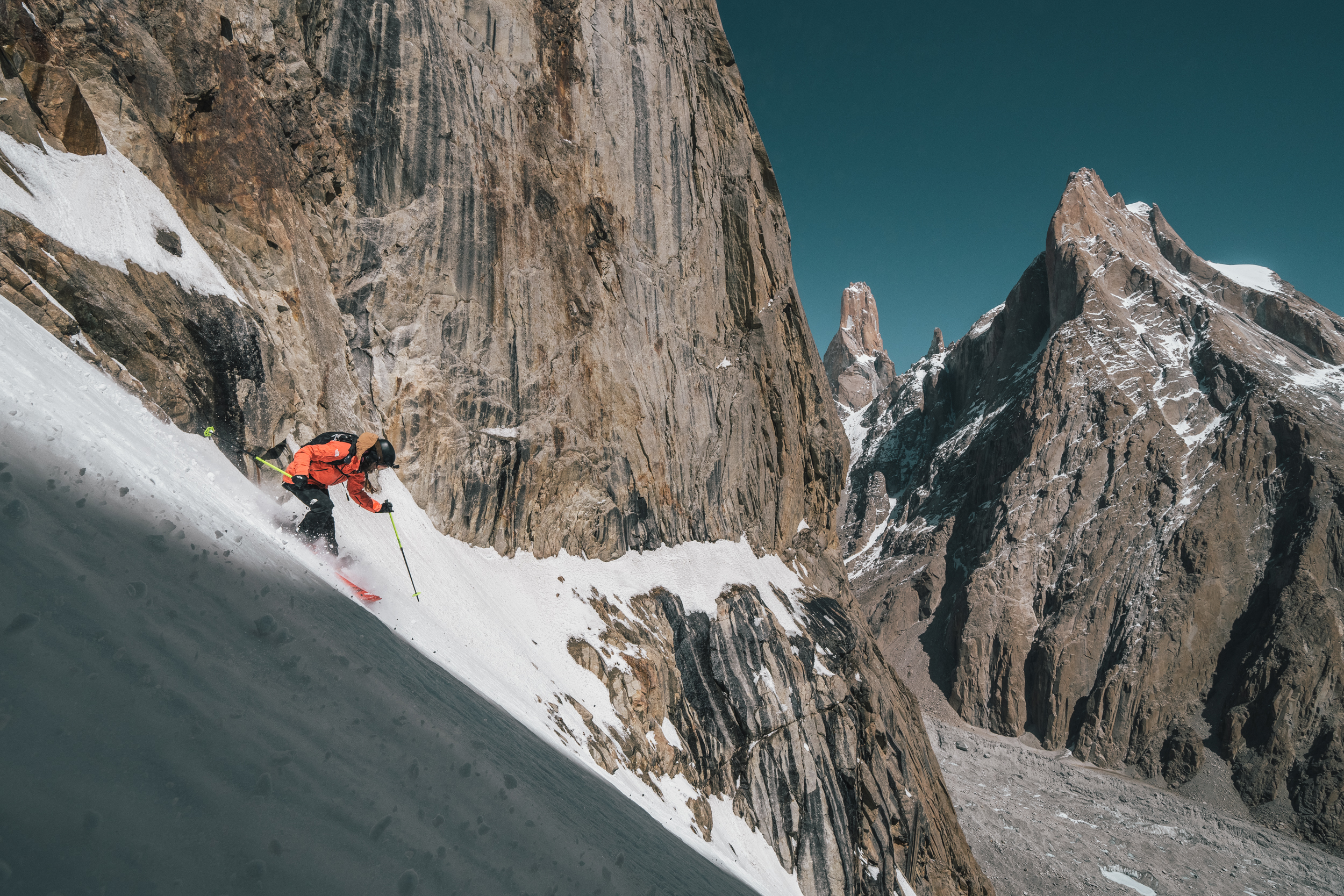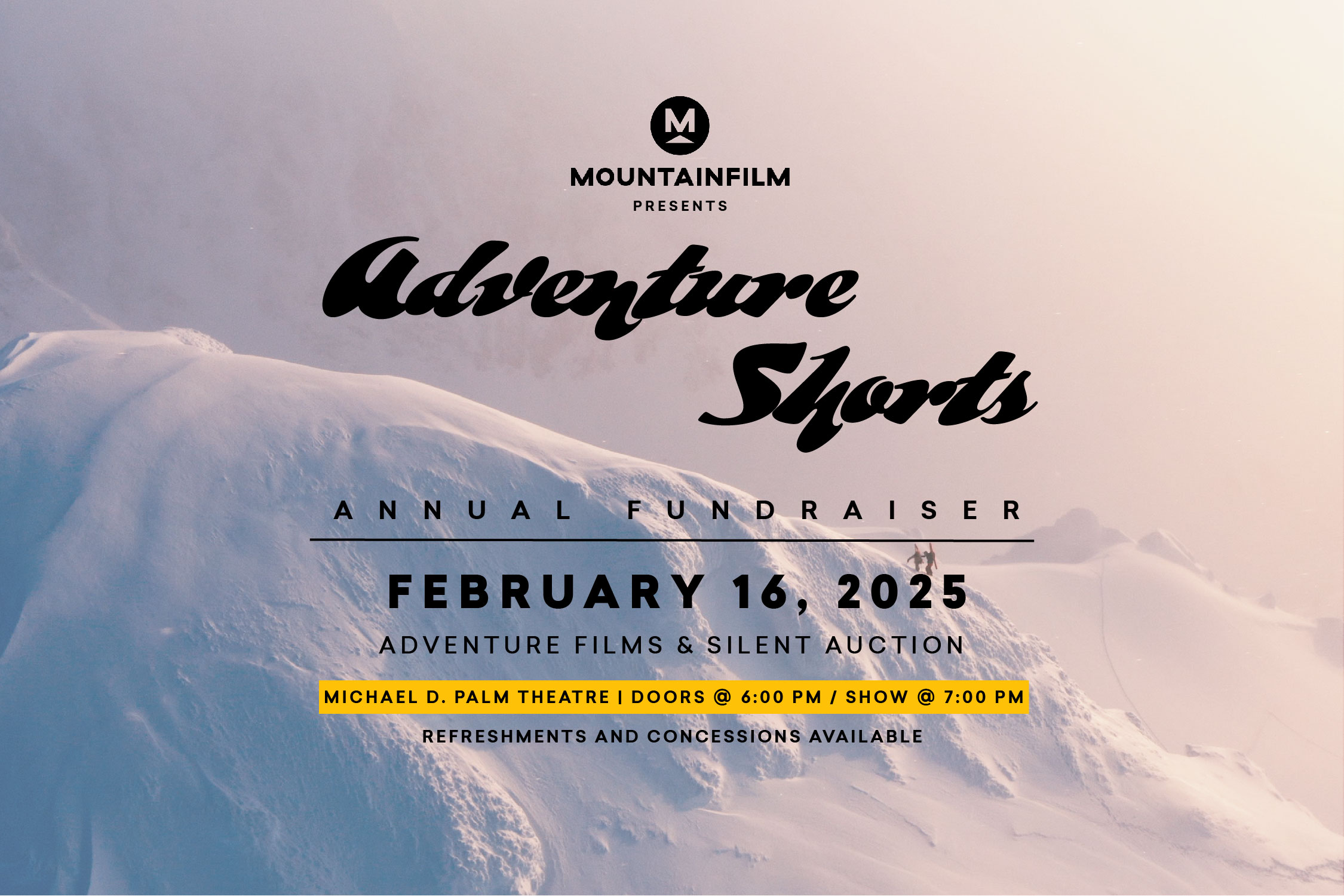
Behind the Scenes Before Mountainfilm: Filmmaker Tips and Secrets to Come
It requires some serious planning to deliver four days of artists, art, activists, documentaries, shorts, filmmakers, panel discussions, scientists, books, authors, slide presentations, environmentalists, extreme athletes and other socially important elements.
With the festival less than two months away, it’s crunch time. At this moment, the festival’s programming department — festival director David Holbrooke and program director Emily Long — are scrambling to finalize the 2012 schedule.
We caught up with the two of them and they shared a few tips for filmmakers and what it’s like to be in the Mountainfilm trenches right now.
What’s the most difficult part of your job?
DAVID: Each year, Emily and I have to make a lot of tough decisions that end with some worthy films left on the outside. That’s just the nature of the beast, but we try to make these decisions as thoughtfully as possible.
EMILY: Yeah. It’s hard knowing that you’re likely to make someone's day crummy, but we try to do it as kindly and constructively as we can. But it’s no fun to send out hundreds of letters and disappoint hundreds of hopeful filmmakers.
What do you love most about your job?
DAVID: I love that so many talented people want to screen their work at Mountainfilm in Telluride. This year, we’ll have world premieres by a diverse group of filmmakers that range from Ken Burns (Dust Bowl) to Renan Ozturk (House of Cards). We’ve had filmmakers say they want to make a short just so they can return, and one of the real joys of this great job is to make someone’s day with the good news that their film will be in the festival.
EMILY: I love the moment when we finally start to see the entire program come together. For months and months, the festival is just details — a new guest confirmed, an exciting film premiere possibility — but around now, everything starts to take shape in the huge mosaic of the festival schedule. Just like a mosaic made out of porcelain or glass, you don't get to see the big picture until all the pieces are in place.
What’s the trick to getting a film accepted at Mountainfilm in Telluride?
EMILY: My high-school creative writing teacher used to chide us, "Show. Don't tell." In filmmaking, his advice is especially essential. Films are all about the story. Just because you went on a rad adventure doesn't mean you have the ingredients of a great film. And if you do have a good story, don't get caught up in trying to convince us it’s important. Show us something compelling. Make us care on our own.
DAVID: Yes, I agree. The key is to find a great story and tell it with style. Also, keep it moving — we don’t need to hear everything about the subject. There are so many films that we would accept if they were shorter.
When a guest cancels at the last minute, what’s you initial (and printable) reaction or response?
DAVID: It comes with the territory. Each year, someone on the list of special guests on our poster flakes and ends up bagging. It totally sucks, but my first action is to figure out how we can make the situation the best for the audience. Can we Skype them in for the Q & A? Is there someone else we can get? What options do we have?
If you could do something magical to make your job easier, what would it be?
EMILY: I would do more of my work outdoors. While we definitely get to have fun doing things like attending festivals and watching movies, much of the work is relatively unglamorous computer tasks like email and spreadsheets.
DAVID: So many choices, but the first thing I think of is I would have filmmakers make shorter films. They just don’t realize how they undercut themselves by making films that run too long.
Past festivals have featured such delights as a camel, a Tuvan throat singer, a bike polo team, a kayak-rolling clinic without natural water, bike stunts, energy-generating bicycles and more. When pressed to reveal juicy secrets about the surprises to come. Both David and Emily got tight lipped. “Soon,” they said. “Soon.”


